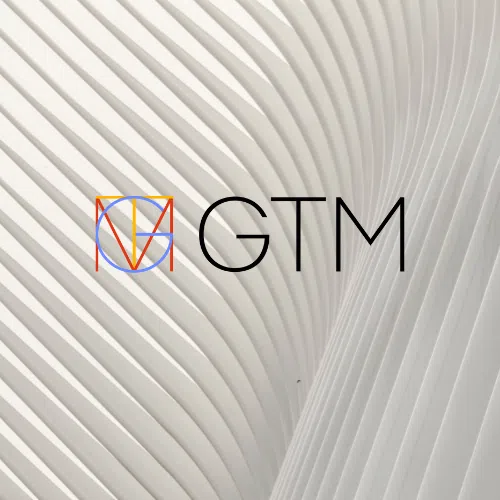In late December 2022, the Brazilian government announced draft legislation that would radically change its transfer pricing rules, finally conforming to the internationally accepted arm’s length principle under the OECD Transfer Pricing Guidelines. While this draft legislation is still pending passage by Brazil’s newly elected government and Brazilian Congress, multinational enterprises (“MNEs”) with intercompany transactions involving related parties in Brazil should anticipate that changes – including new transfer pricing methods and documentation requirements, and considerable changes to the treatment of intangible assets, financial transactions, and business restructuring — are coming soon. Now is the time to model the potential impact of the new transfer pricing rules and prepare accordingly.
Here is what you need to know.
Potential Changes to Transfer Pricing
The most significant aspects of the new legislation, Provisional Measure 1152/2022 (“PM”), include:
- The adoption of the arm’s length principle (ALP) in line with the OECD Guidelines. The PM defines key concepts, such as ALP, controlled transactions, related parties, comparable transactions, and the most appropriate method.
- The introduction of the OECD’s transfer pricing methods to replace the prior local methods, which required specific margins or markups for the Brazilian taxpayer. While the PM states that the comparable uncontrolled price (“CUP”) method is the most appropriate method when comparables are available (i.e., commodities,) the taxpayer can apply another method based on the facts of the transaction.
- The establishment of specific transfer pricing rules for commodities, services, intangibles, loans and guarantees.
- The introduction of transfer pricing documentation requirements, penalties, and mutual agreement procedures.
If passed into law, the PM will come into effect on January 1, 2024, with optional application for 2023 if elected by the taxpayer. The PM must be converted into law by the Brazilian Congress within 120 days after its publication (December 29, 2022). Otherwise, it will lose effect.
Impact to Companies: Transfer Pricing Planning
A key objective of the PM is to avoid double taxation of MNEs. To benefit from the draft legislation, MNEs with operations in Brazil must revisit the transfer pricing policies currently applied to intercompany transactions involving their Brazilian affiliates and (re)design updated policies in line with the OECD Guidelines.
Impact to Companies: Transfer Pricing Compliance
Brazilian entities must prepare transfer pricing documentation reports consistent with the new transfer pricing legislation to avoid potential penalties. Furthermore, Brazilian taxpayers should explore new tools provided by the Brazilian tax system, such as newly available mutual agreement procedures.
Impact to Companies: U.S. Foreign Tax Credits
Foreign taxes paid in jurisdictions that do not follow the arm’s length principle are denied foreign tax credits for U.S. tax purposes. The draft transfer pricing legislation is a step in the right direction for Brazil to conform to U.S. tax standards and mitigate the risk of lost tax credits.
GTM Can Help
GTM’s transfer pricing team brings extra expertise and resources when and where needed. We work side-by-side with tax departments and perform the same day-to-day operational transfer pricing tasks of an in-house transfer pricing specialist, but with added benefits including strategic insights, best practices from other leading companies, and the strength of our alliance with WTS Global. Contact Us to find out how we can help evaluate your company’s current intercompany transactions involving Brazil, and recommend potential transfer pricing changes to meet the new transfer pricing rules.



